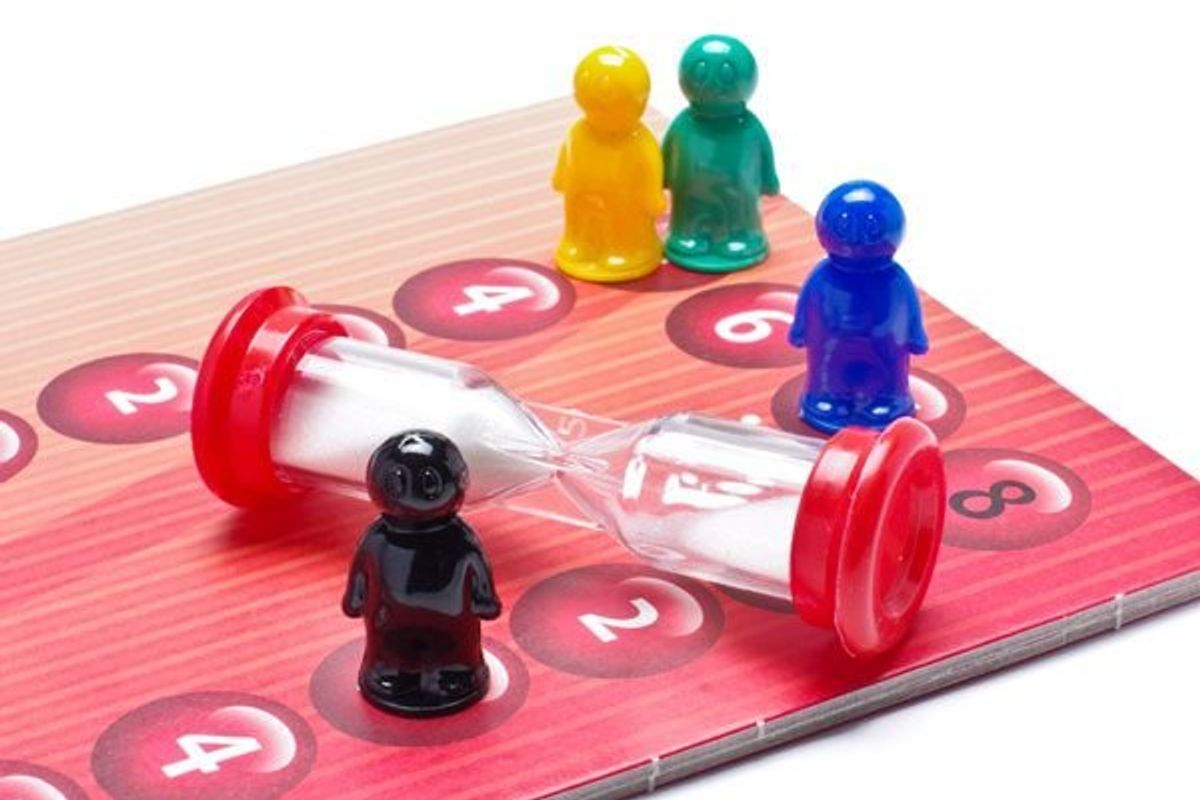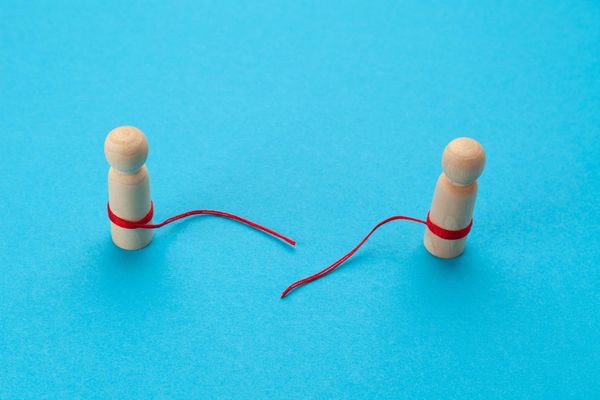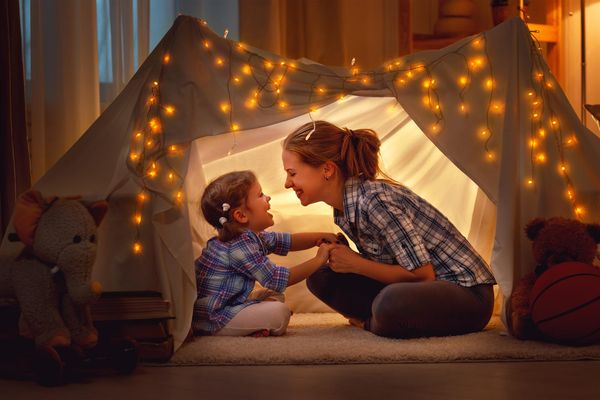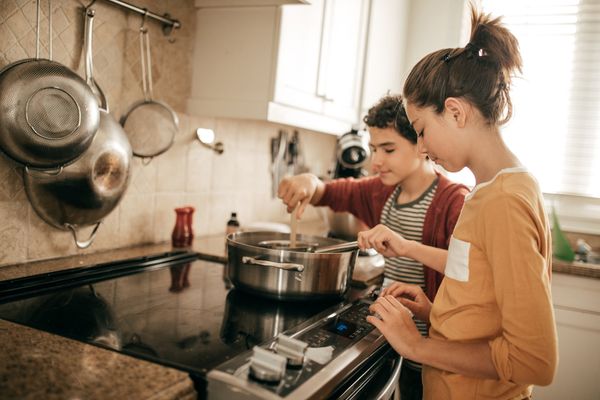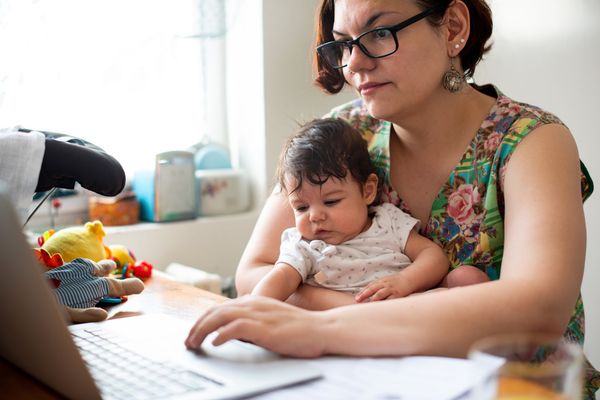Everyone needs to learn how to lose. Just as you teach your children the ABCs, to say "please" and "thank you," and to ride a bike, you should teach them how to lose.
"We naturally, as parents, want to protect our children from pain," says Christine Carter, author of Raising Happiness: 10 Simple Steps for More Joyful Kids and Happier Parents. "Sometimes kids need to experience discomfort, or sometimes great disappointment, to grow.”
As a full-time nanny a few summers ago, I helped care for two children who were rather difficult. Whenever we would play any sort of game, if one of them lost, all hell broke loose. I’m talking full-on screaming temper tantrums. After the fifth outburst during a game of “Old Maid,” I finally sat down with the kids and talked with them about being a “good loser”. I explained that in games, there will always be a loser (unless of course, it’s a tie). I told them that I’ve lost many games, and that they’re bound to lose games in the future as well—but that’s okay. Eventually, this talk struck a chord, and there were no more Old Maid tantrums. We even got to a point where the little girl would say “if I get the Old Maid, I’m not going to cry. It’ll be okay”. I felt elated.
While most children initially don't respond well to losing—nobody likes losing—they will benefit from it in these three ways.
Learning to cope. The world is a competitive place. Before you send your children out into a situation where they can lose—sports, for example—have them experience losing at home first. As Carter notes, losing in a board game at home with a parent is much easier for a child to handle than experiencing her first loss in a public place. Kids who have practice losing learn how to be good sports, she adds. "If they don't lose, they're being set up to not be able to cope," says Carter, who is also the director of the parenting program at The Greater Good Science Center at the University of California-Berkeley.
Learning from mistakes. Athletes watch videos of past games to spot weaknesses in their play. Similar to how athletes learn from a dropped ball or a penalty, when children lose they have a chance to analyze how they might have done better.
Learning to be empathetic. Every time your child loses a game, she receives a little lesson in the fact that everyone has to struggle through life, whether that means studying to get an A on a test or persevering through soccer practice before scoring a goal. Kids can't identify with others who are going through a loss if they've never had that experience. Think about your own experiences with loss: Don't you identify with others who have experienced similar loss or pain in their lives? Children are the same way.

